In Brief
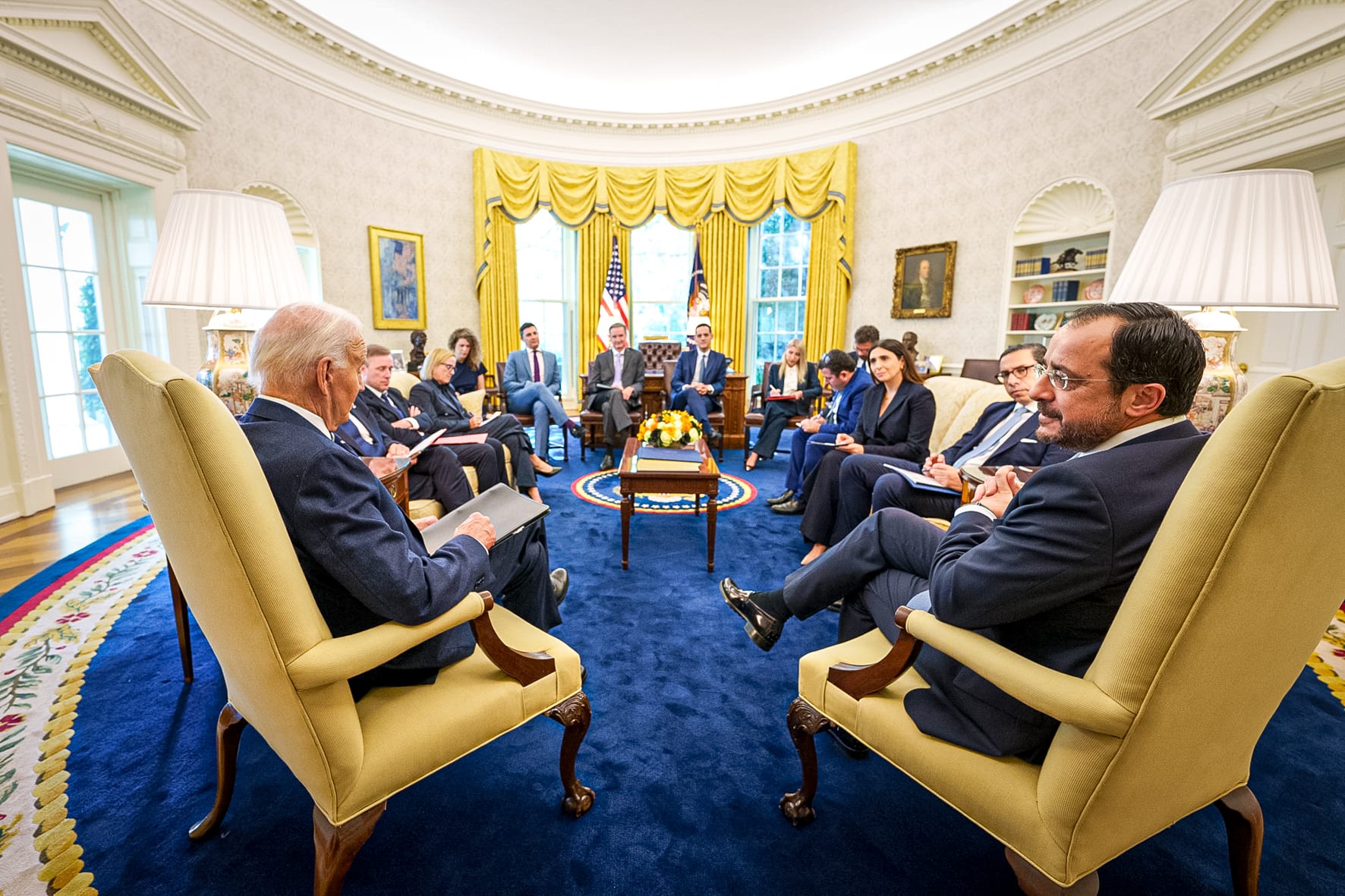
Situation Report
President Joseph R. Biden, Jr. met with President Nikos Christodoulides of the Republic of Cyprus at the White House.
Following the inaugural launch of the U.S.-Republic of Cyprus Strategic Dialogue earlier this month and the signing for a Bilateral Defense Cooperation back in September 2024, the leaders had an in-depth discussion on a range of foreign policy issues of mutual interest including the Cyprus Problem, energy diversification, regional security, and support to Ukraine.
“Cyprus is a predictable and reliable partner of the United States in a region of great geopolitical importance,” Christodoulides added.
Nikos Christodoulides is the fifth Cypriot president to engage with a U.S. leader and only the third, following Archbishop Makarios III and Glafkos Clerides, to be officially invited to the White House. The last time a Cypriot president was invited to the White House was in June 1996, when Glafcos Clerides met with then-president Bill Clinton.
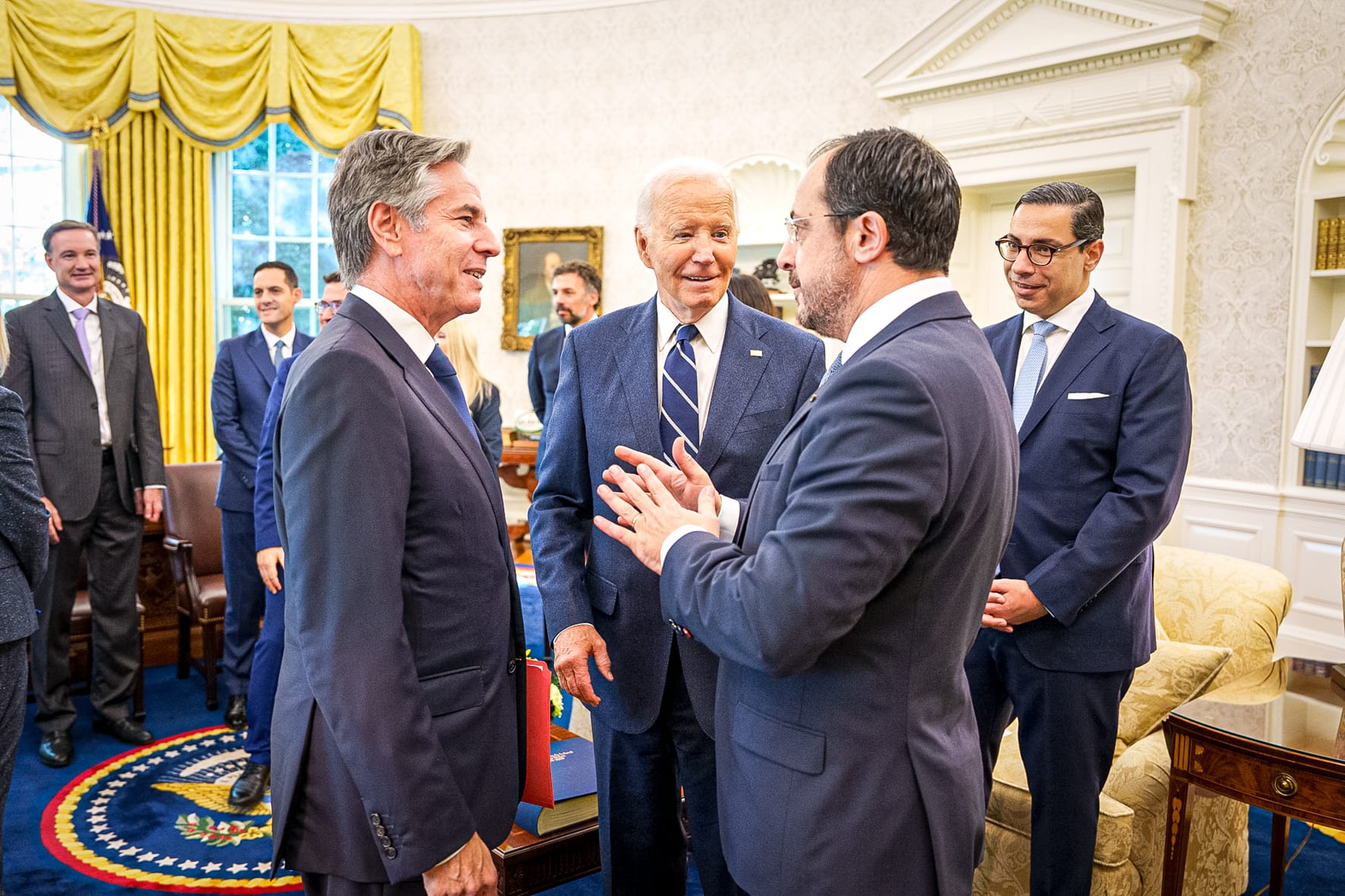
A Growing Strategic Partnership
In September 2024, US Assistant Secretary of Defense for International Security Affairs, Celeste Wallander, the Minister of Defense of the Republic of Cyprus, and Vasilis Palmas, signed the U.S.-Cyprus Roadmap for Bilateral Defense Cooperation in Nicosia. The two issued a joint statement on the signing, available here.
The roadmap is a foundational agreement on the priorities and direction of the bilateral defense relationship over the next five years, a welcome step forward in our security partnership.
Following the roadmap, the first U.S.-Republic of Cyprus Strategic Dialogue was held in Nicosia. Cyprus in October of 2024, with the attendance of high-level representatives from both governments.
As the US State Department noted, "the launch of the Strategic Dialogue is an important milestone in the relationship between the Republic of Cyprus and the United States and reaffirms their growing strategic partnership and intention to advance shared priorities that build a secure, safe, peaceful, and more prosperous future".
The Strategic Dialogue reflects the shared resolve of the Republic of Cyprus and the United States to enhance bilateral and regional security, foster economic innovation and prosperity, and uphold shared democratic values and respect for international law. The Strategic Dialogue will also serve as a platform to advance practical cooperation in areas including crisis management and law enforcement, energy security, culture, education, innovation and technology, trade and investment, and people-to people ties.
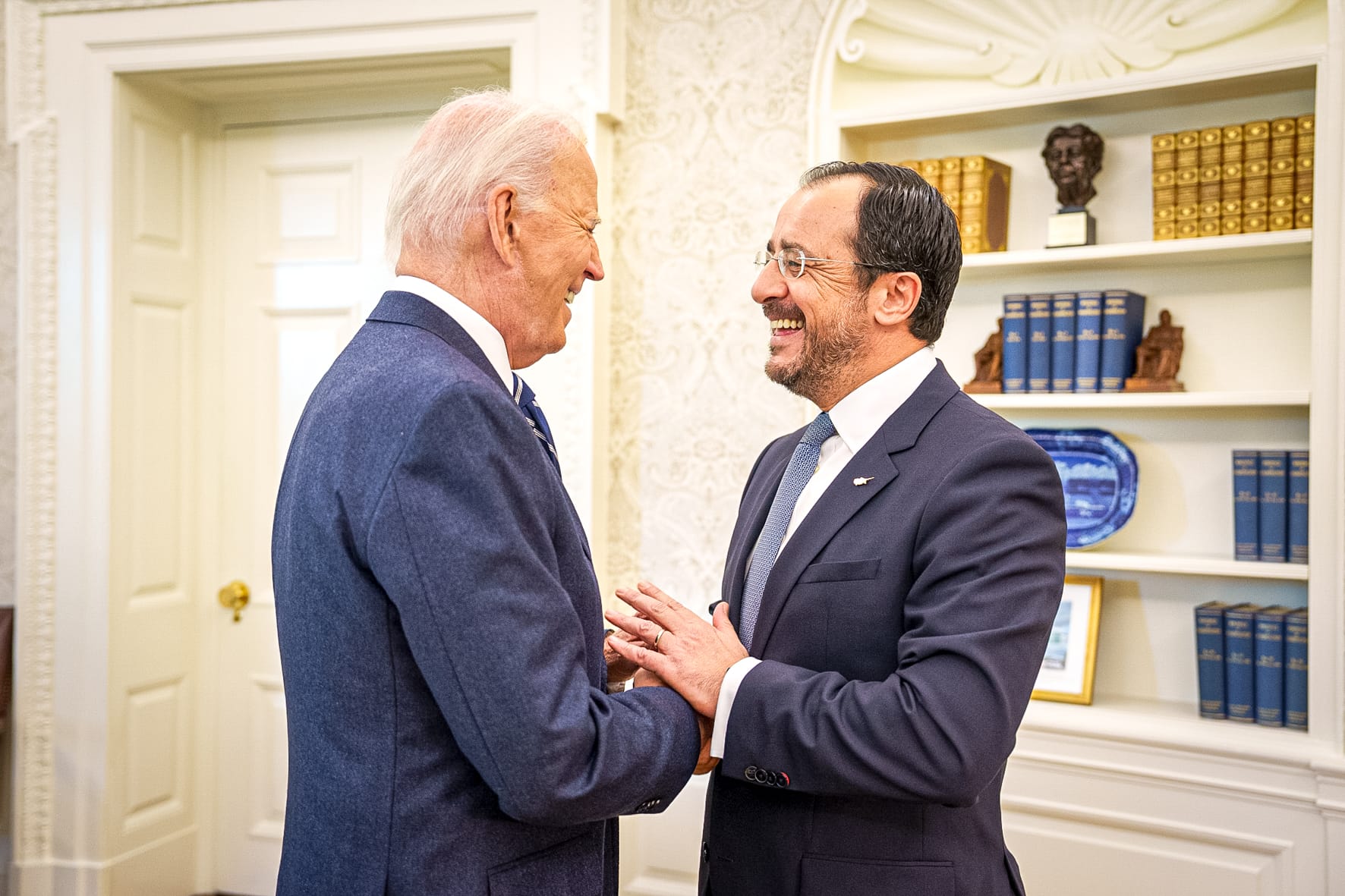
The Cyprus Issue
President Biden acknowledged the 50th anniversary of the division of the island of Cyprus, reiterated the US support for a bi-zonal, bi-communal federation with political equality for all Cypriots consistent with United Nations Security Council Resolutions, and underlined that “the United States stands ready to provide any support we can towards that goal.”
Cypriot President stressed that Cyprus is counting on US support for a resumption of negotiations and a solution to the longstanding Cyprus problem.
“There is no limit to what the two countries can achieve when they work together,” the President Biden added.
“My country has been under Turkish occupation for the last 50 years and I count on US support to resume negotiations and find a solution of to the Cyprus problem, in line with the UN Security Council resolutions, solution that is based on our common values and principles, democracy and respect of human rights,
Nikos Christodoulides,
President of the Republic of Cyprus
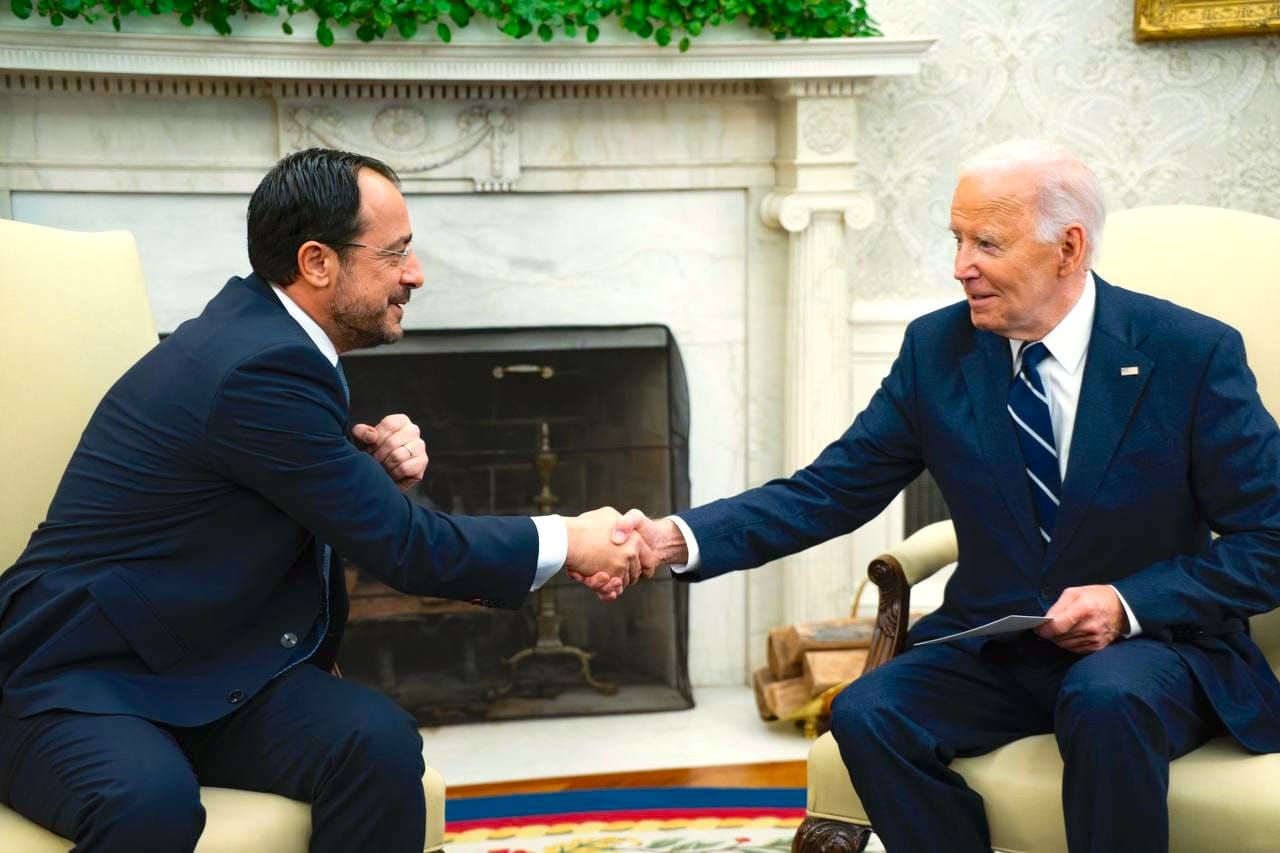
Situation in the Middle East
President Biden expressed his gratitude for the Republic of Cyprus’s support for the maritime humanitarian corridor that delivered more than 8,000 metric tons of humanitarian assistance to Gaza.
Cyprus, the European Union nation closest to Gaza and Lebanon has played a critical role in efforts to get humanitarian aid into Gaza since the war between Hamas and Israel began more than a year ago.
The two Presidents also discussed a new effort by the U.S. administration and mediators in the Middle East to forge cease-fires to end fighting in Lebanon and Gaza.




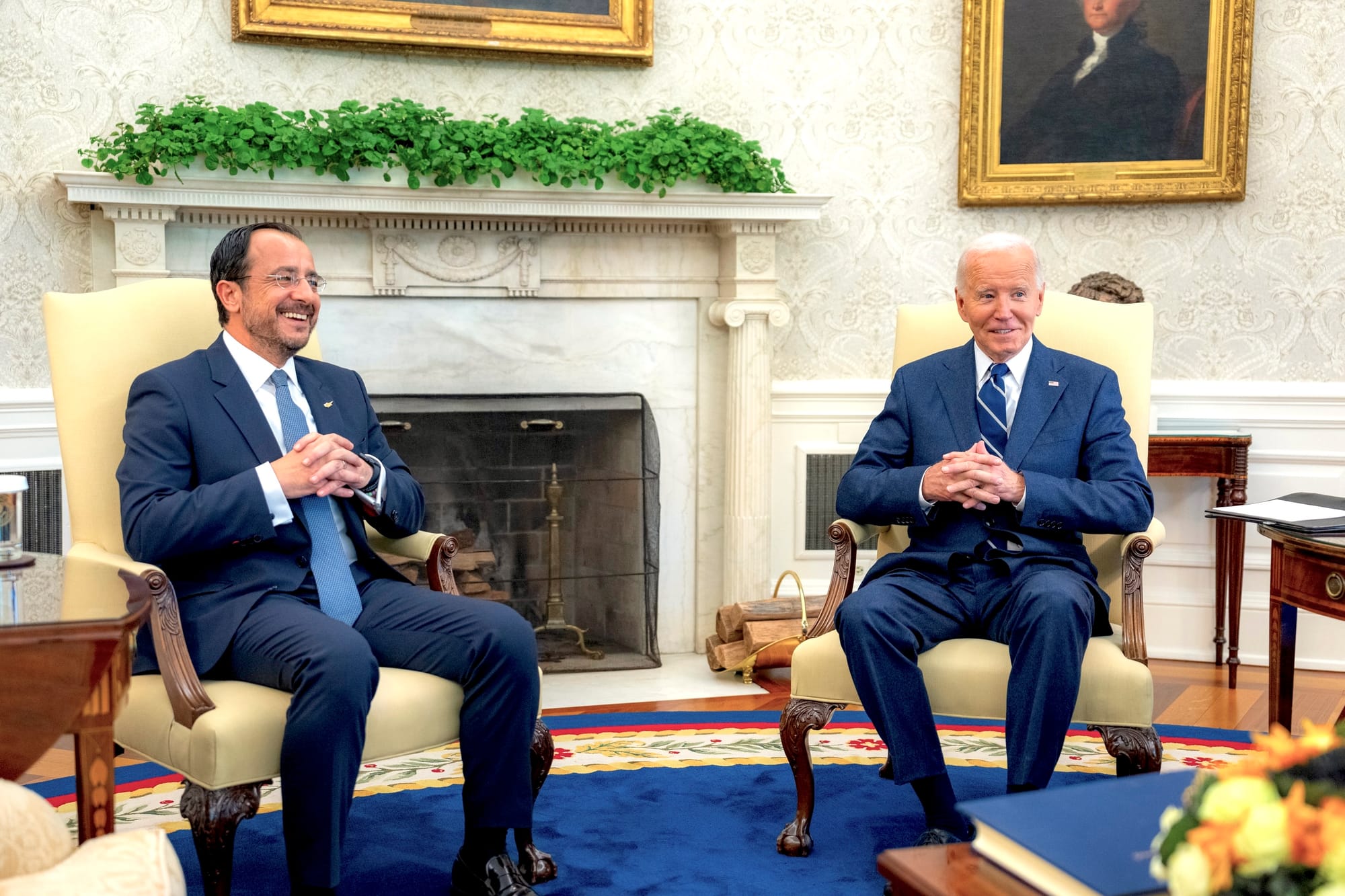
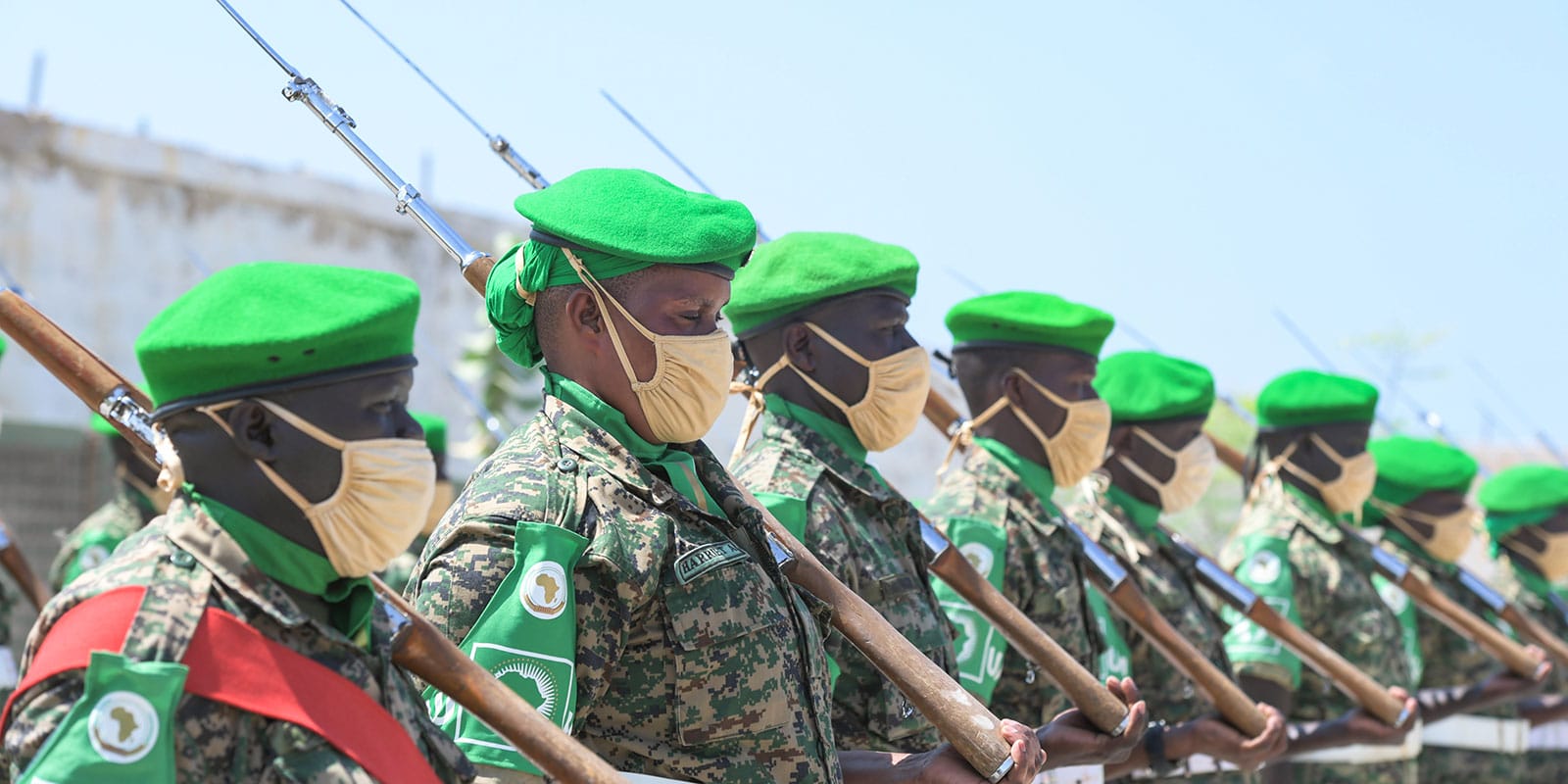

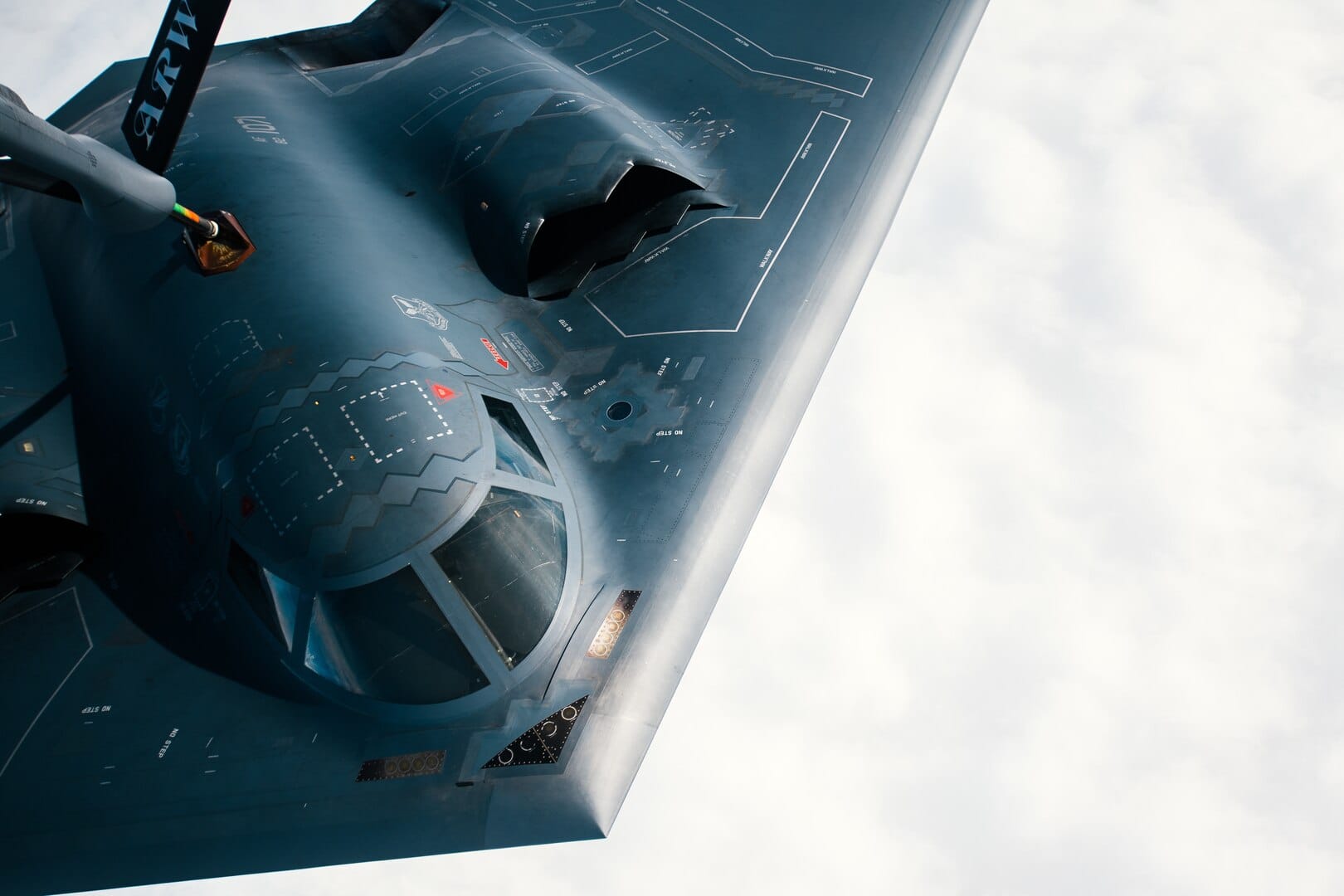
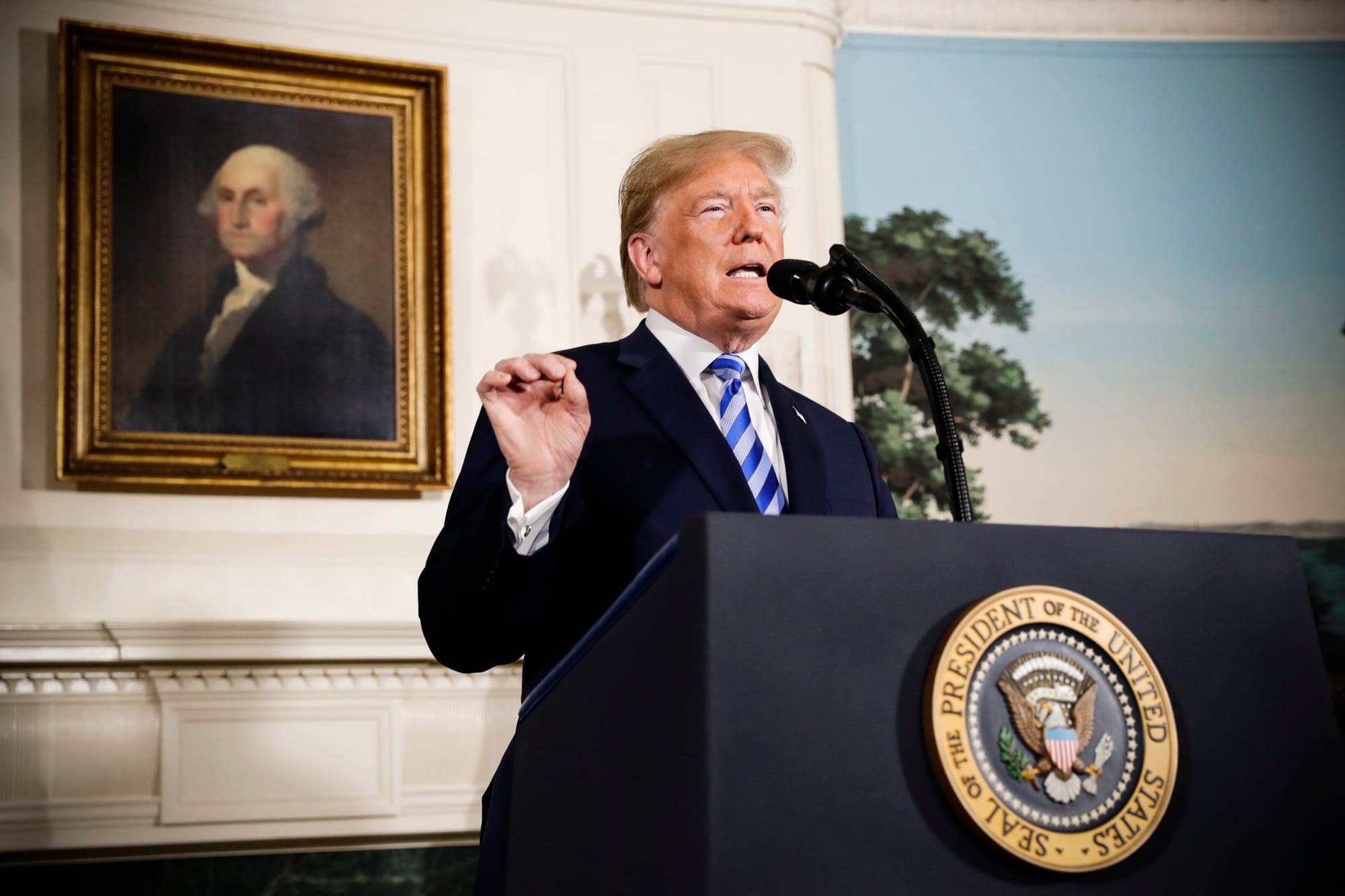
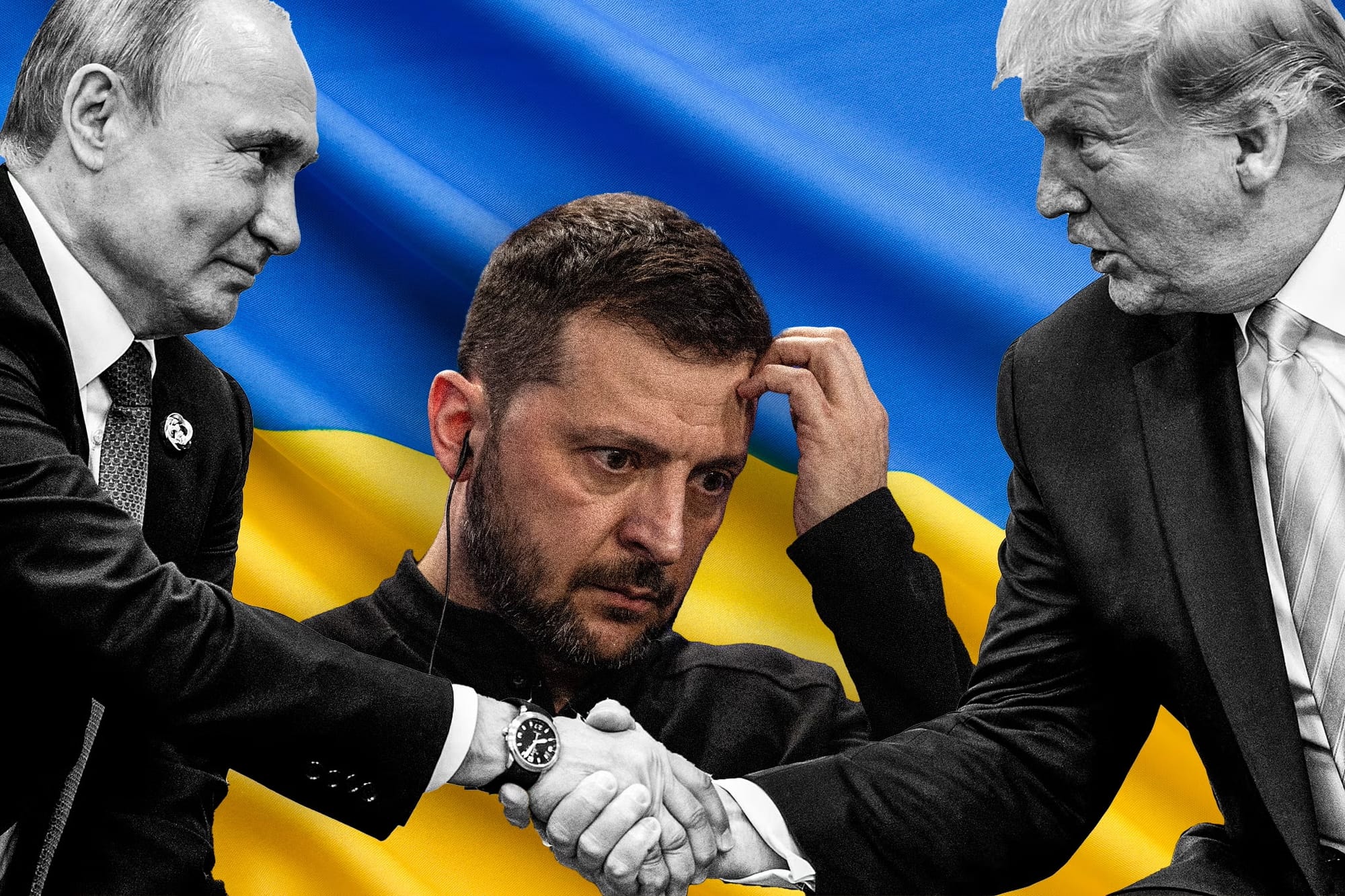

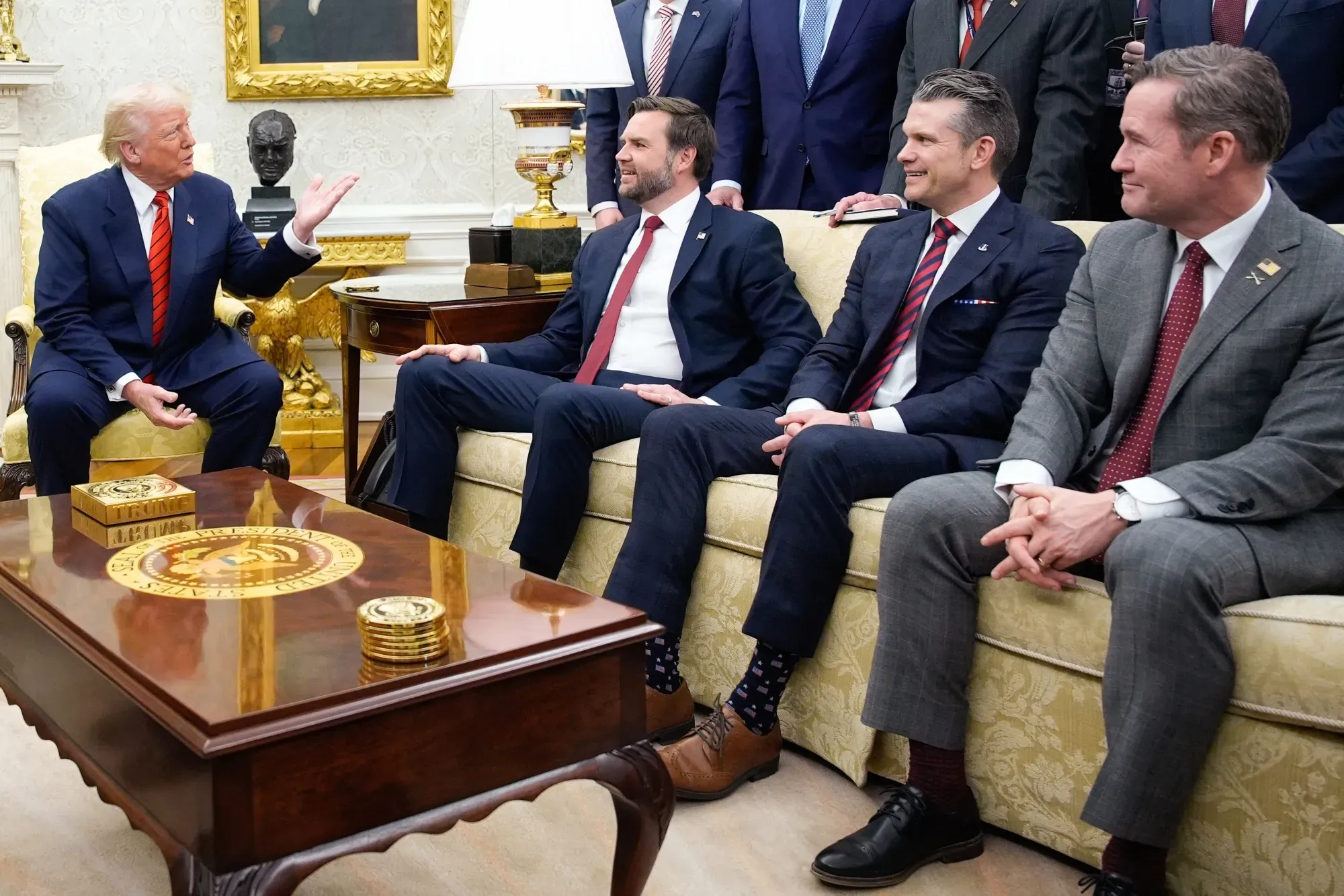
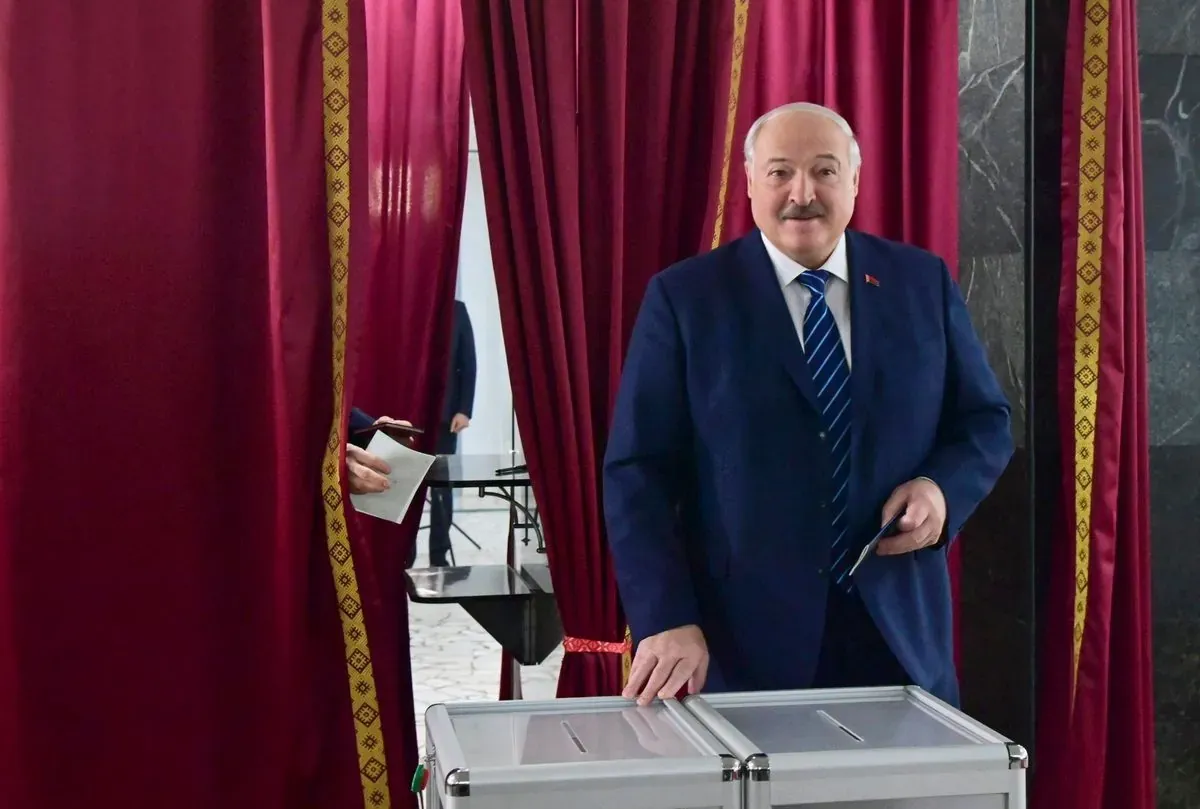
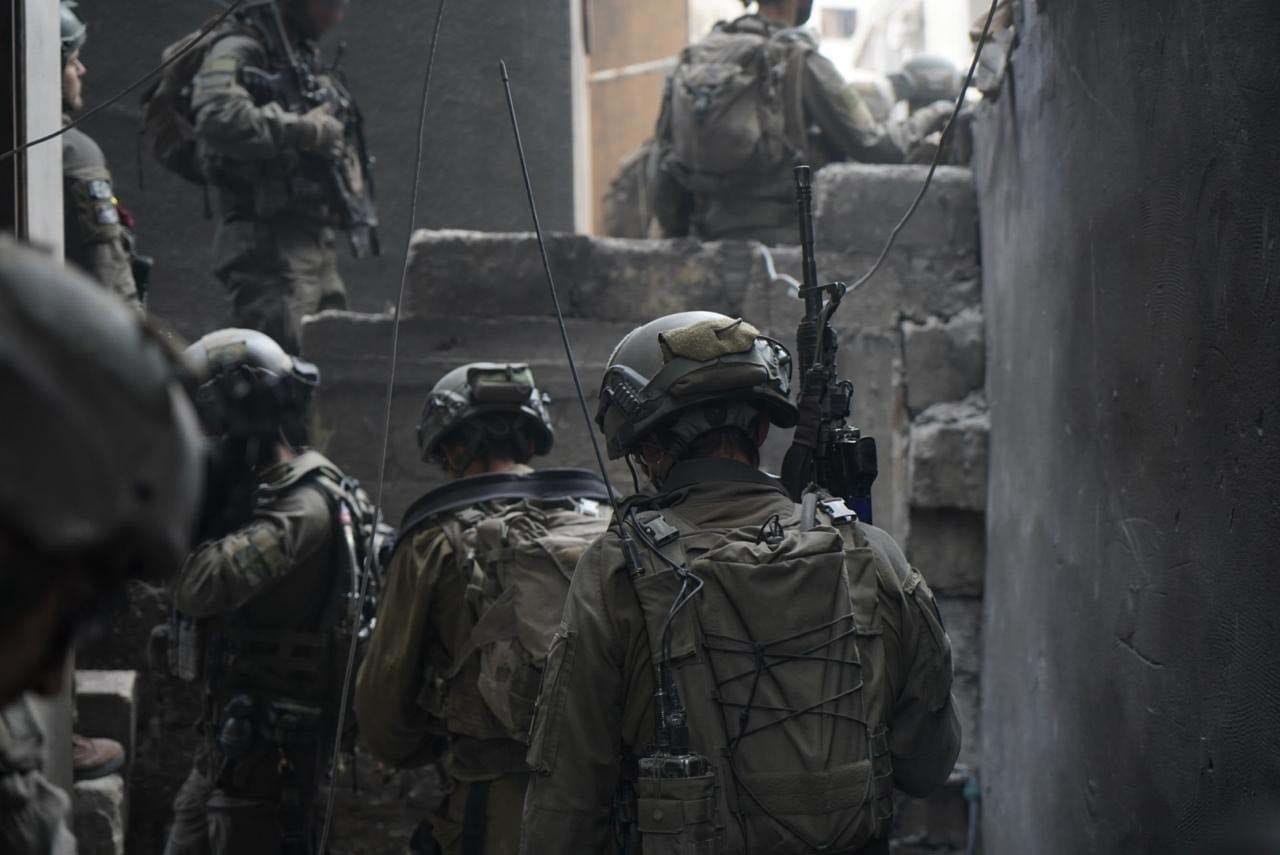
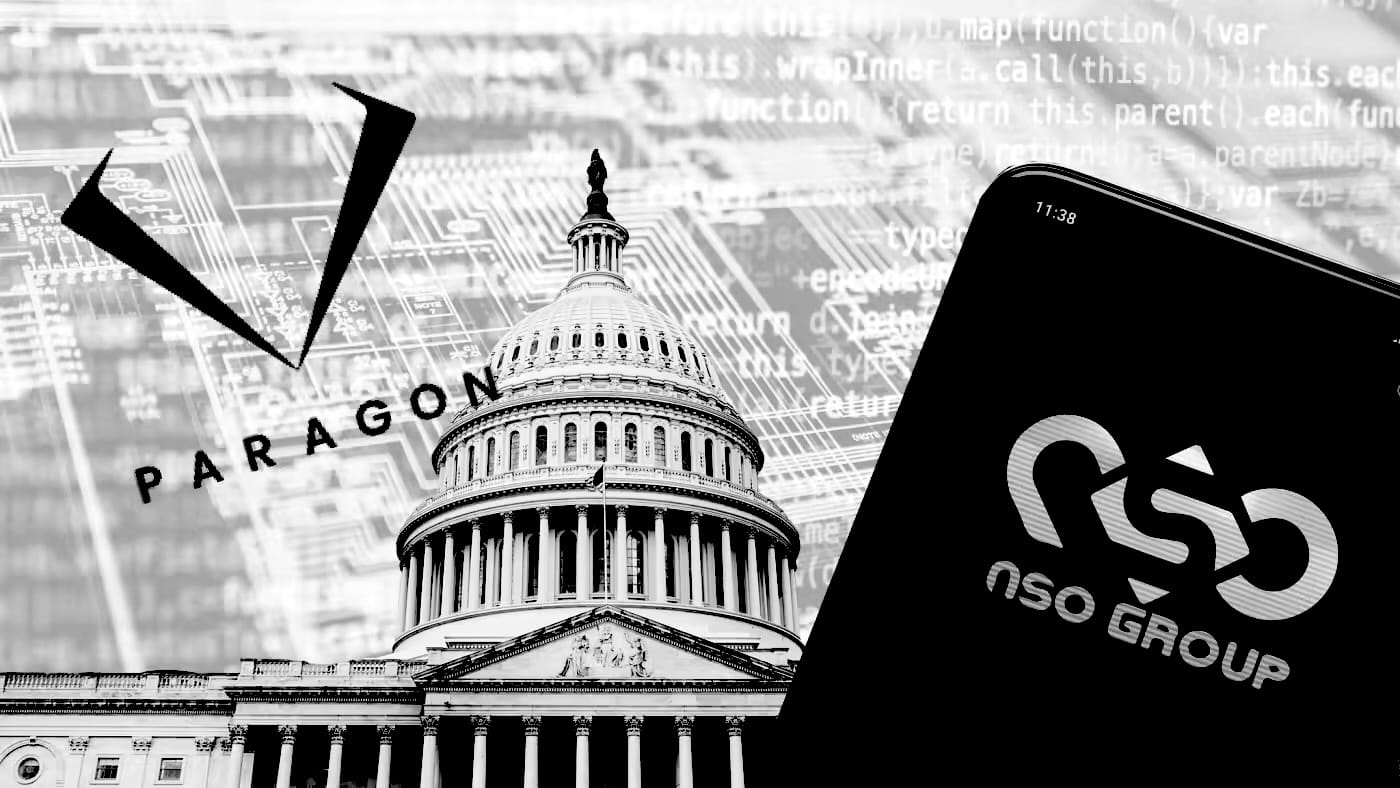
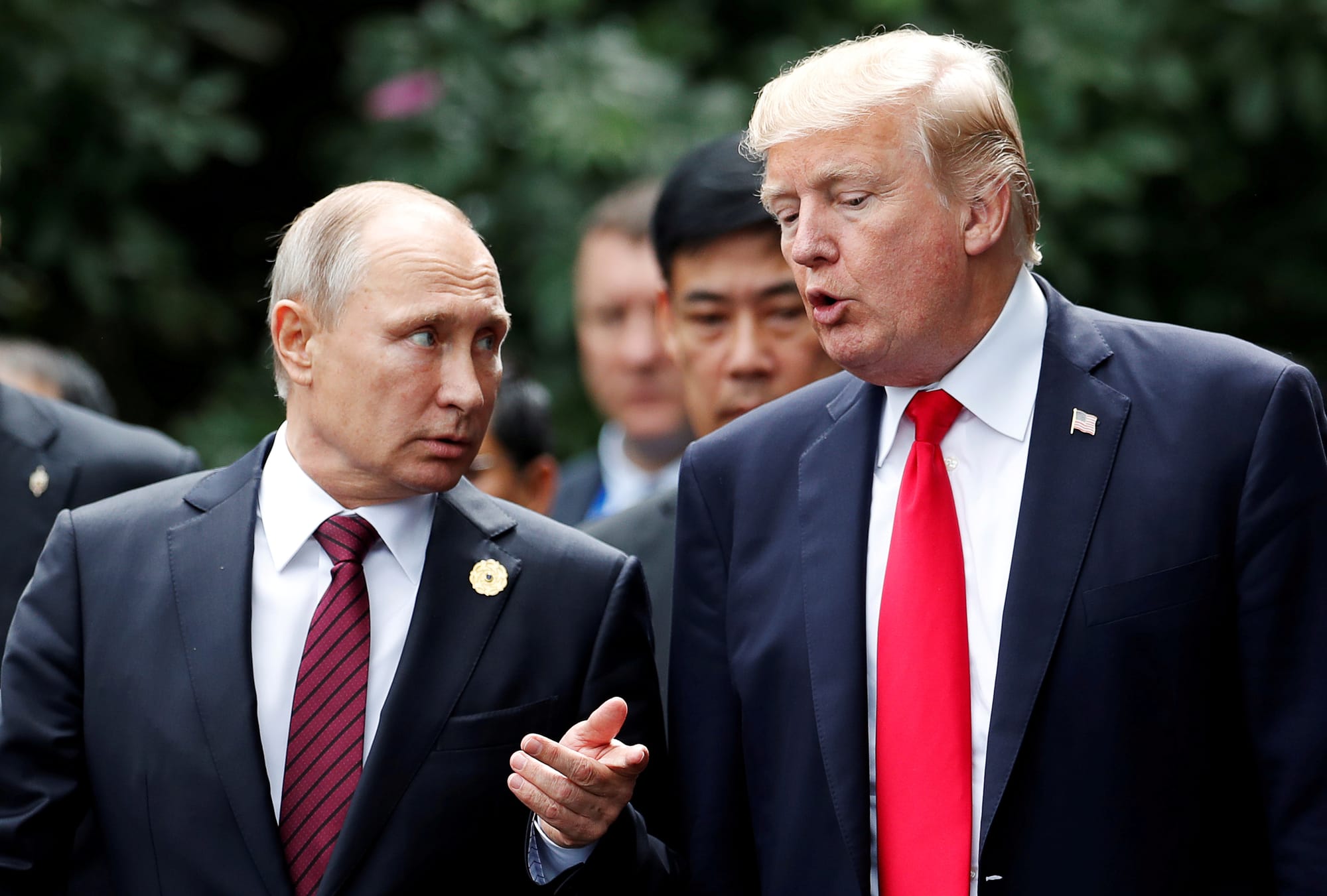
Discussion